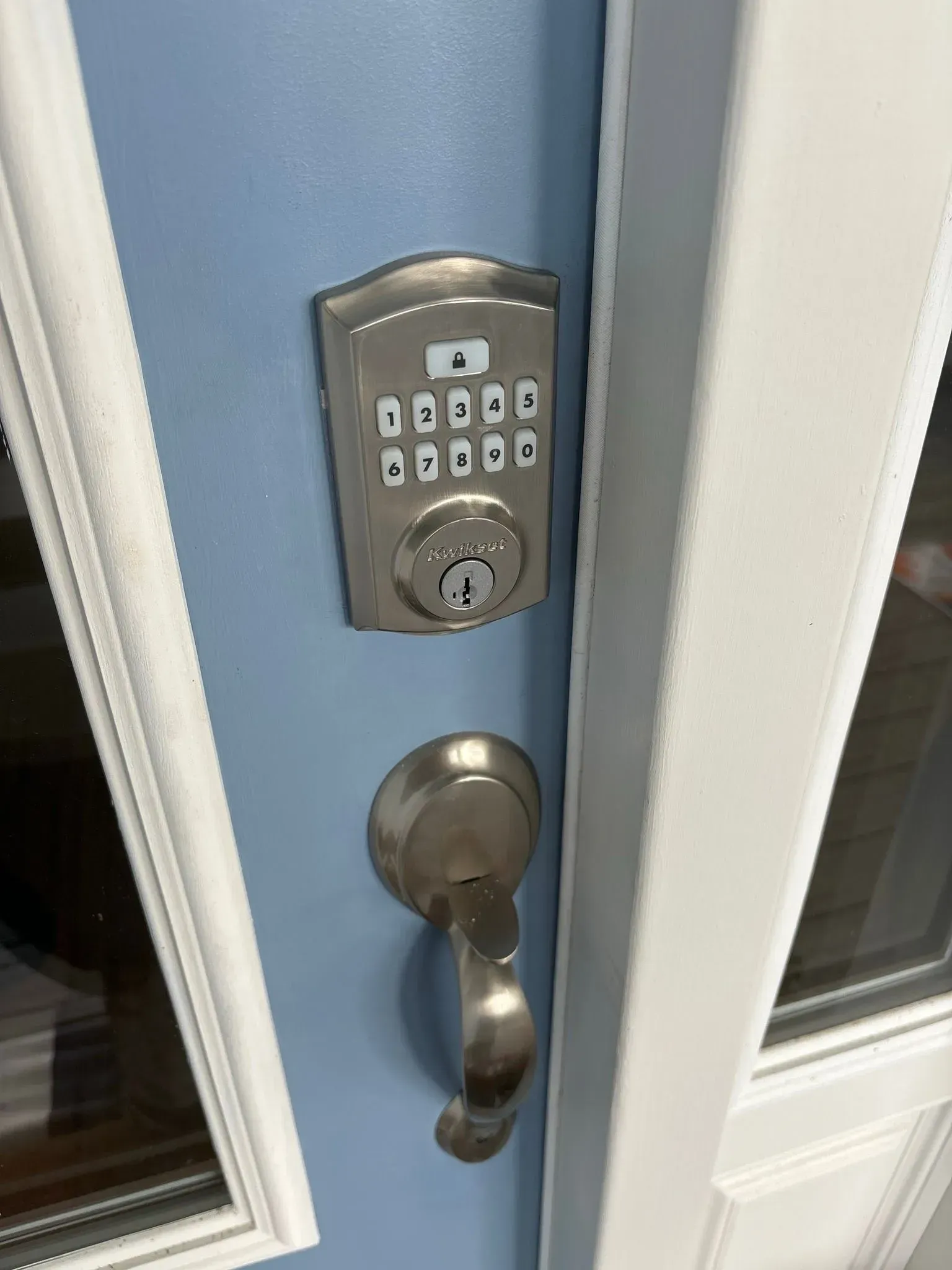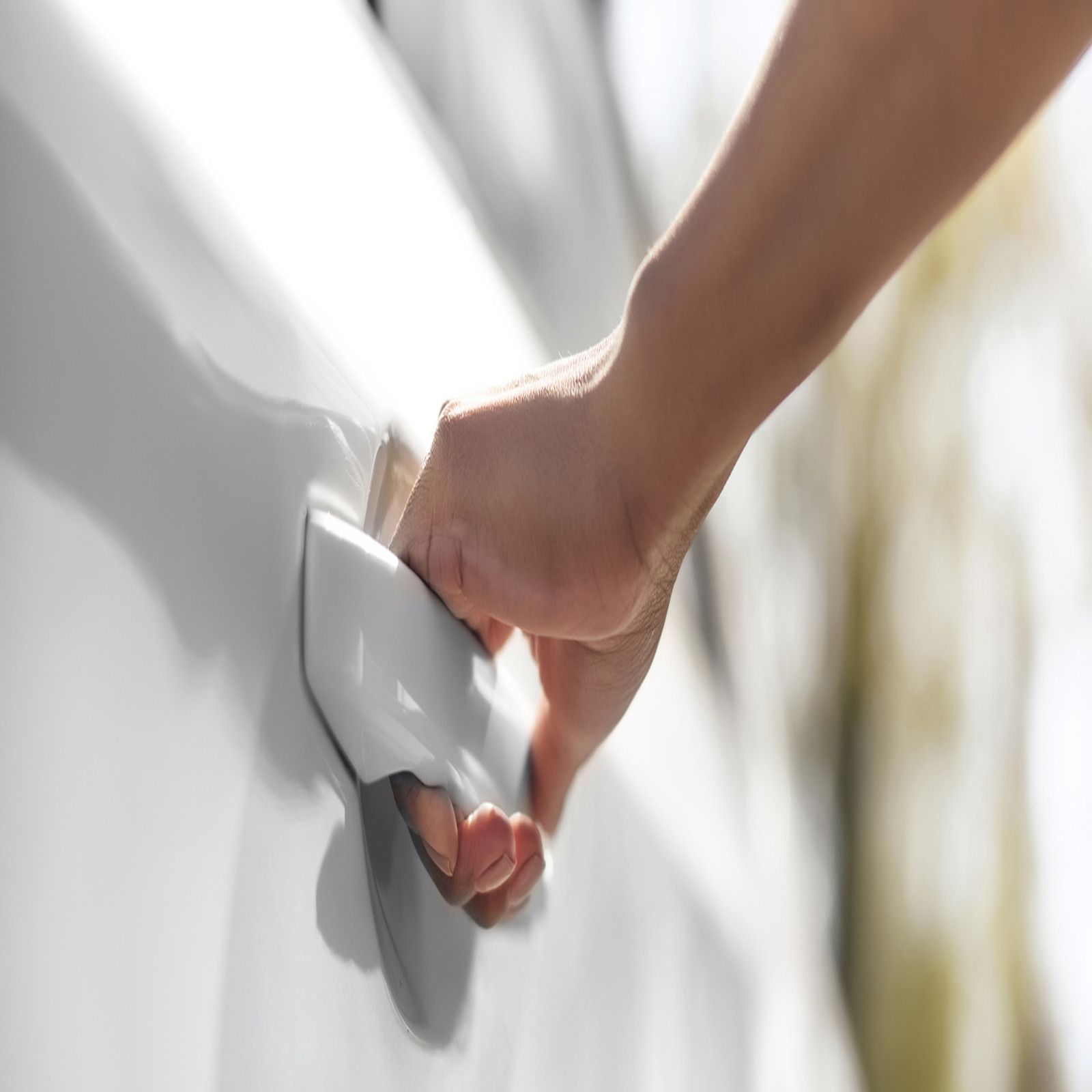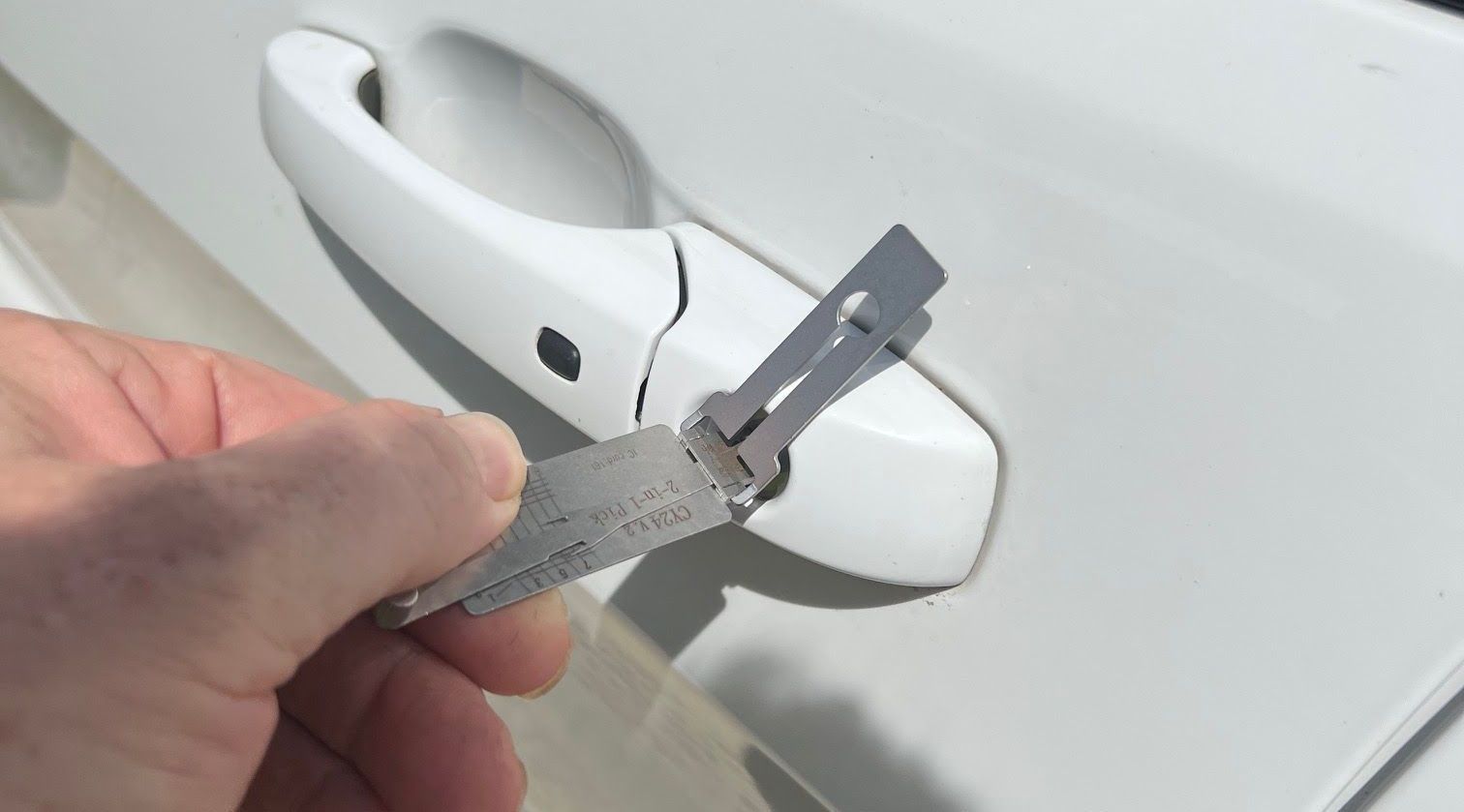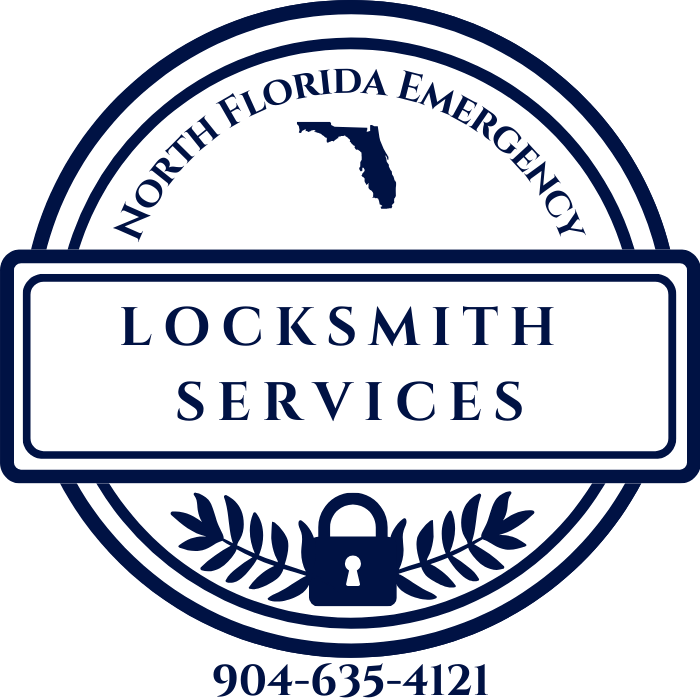Keyless Entry Systems: Are They Right for Your Home or Business?
July 11, 2025

In an era of advancing technology, traditional locks and keys are being replaced by more secure and convenient alternatives. One of the most popular options is a keyless entry system. Whether you own a home or a business, upgrading to a keyless entry system could provide enhanced security, convenience, and control. But is it the right choice for you? Let’s explore the benefits, potential drawbacks, and factors to consider before making the switch.
What is a Keyless Entry System?
A keyless entry system is a locking mechanism that does not require a physical key to gain access. Instead, users can unlock doors using methods such as:
- Keypads with PIN codes
- Biometric scanners (fingerprint or facial recognition)
- RFID (Radio Frequency Identification) cards
- Smartphone apps with Bluetooth or Wi-Fi connectivity
- Remote access control systems
Benefits of Keyless Entry Systems
1. Enhanced Security
Traditional locks can be picked or keys duplicated, increasing the risk of unauthorized entry. Keyless systems eliminate these concerns by using advanced security measures such as encryption and biometric authentication.
2. Convenience and Accessibility
With a keyless system, you no longer have to worry about carrying, losing, or misplacing keys. Access can be granted through a simple PIN code, fingerprint, or smartphone app, making entry quick and hassle-free.
3. Customizable Access Control
Keyless entry systems allow homeowners and businesses to set unique access permissions. Employers can assign different PIN codes or keycards to employees and monitor entry logs, improving security management.
4. Remote Access and Monitoring
Many smart lock systems can be controlled remotely via a smartphone app. This feature is particularly useful for businesses that need to grant temporary access to employees, service providers, or deliveries.
5. Increased Durability
Traditional locks and keys wear out over time, requiring frequent maintenance and replacements. Keyless systems, especially those using biometric or electronic keypads, have fewer mechanical components and tend to last longer.
Potential Drawbacks to Consider
1. Initial Cost
Keyless entry systems tend to be more expensive upfront compared to traditional locks. However, the investment often pays off through enhanced security and convenience.t
2. Power Dependency
Many keyless locks rely on batteries or electricity. If the battery dies or there is a power outage, you may need a backup access method or emergency power supply.
3. Learning Curve
Switching from traditional locks to a digital system requires some time to learn and adapt. However, most modern systems are user-friendly and come with clear instructions.
4. Cybersecurity Concerns
Like any digital device, keyless entry systems can be vulnerable to hacking. Choosing a reputable brand with strong encryption and security protocols can minimize risks.
Is a Keyless Entry System Right for You?
A keyless entry system is ideal for homeowners looking for increased security, convenience, and remote control options. Businesses, particularly those managing multiple employees or high-security areas, can benefit significantly from the ability to monitor and regulate access. However, if you prefer a low-maintenance, cost-effective solution with no reliance on technology, a traditional lock may still be a better option.
Keyless entry systems are changing how homes and businesses manage security. They eliminate physical keys, offer remote access, and improve control. However, it's important to consider costs, power sources, and security features before choosing one.
Options like keypads, biometrics, and smart locks provide convenience, but reliability and protection against hacking are key concerns. Professional guidance ensures the right fit for your needs.
With a decade of experience, North Florida Emergency Locksmith Services
in Jacksonville, FL provides dependable and secure residential and
commercial locksmith solutions for our clients. Contact us today to enhance your security measures.




